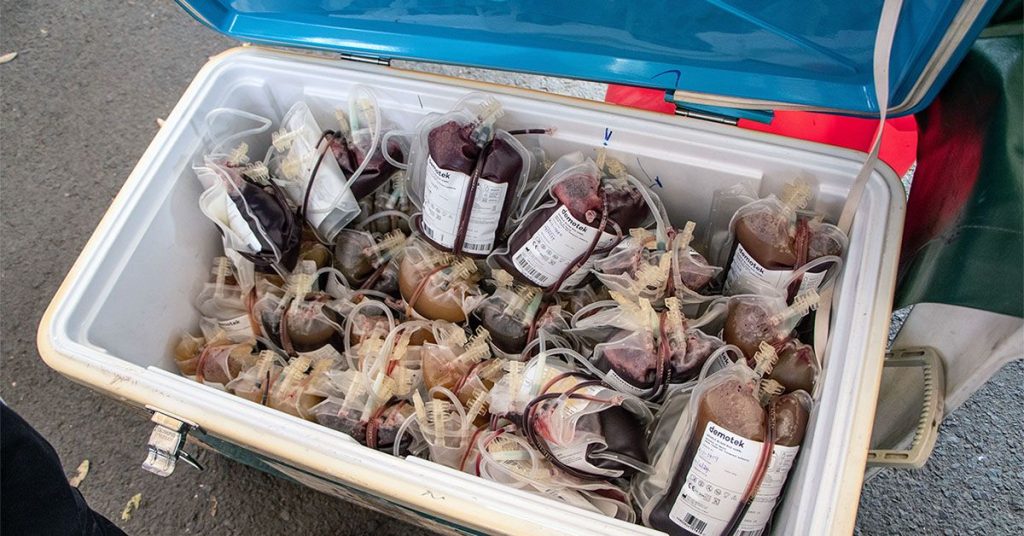Researchers at Massachusetts General Hospital have developed a blood test that examines over 200 proteins to assess an individual’s biological aging rate. This test, developed using machine learning, can predict an individual’s likelihood of developing 18 significant age-related diseases and their risk of early death from any cause. The study helps improve understanding of the biological mechanisms involved in age-related diseases and how genetics and environmental factors influence aging. This research suggests that the proteome, the entire collection of proteins produced by an organism, could be a more accurate indicator of a person’s biological age and help predict the risk of common age-related diseases.
The aim of the research was to create a “proteomic aging clock” that would predict the risk of age-related diseases. By analyzing protein levels, researchers are able to more accurately assess aging and understand the mechanisms behind it, focusing on proteins which are crucial in drug development. This proteomic aging clock was validated in diverse populations, including participants from the UK, China, and Finland. The assessment of proteomic aging was linked to the onset of 18 major chronic diseases, including heart, liver, kidney, and lung diseases, diabetes, neurodegenerative conditions like Alzheimer’s, cancer, as well as multimorbidity and all-cause mortality risk. Additionally, proteomic aging correlated with age-related biological, physical, and cognitive measures such as telomere length, frailty index, and cognitive tests.
Lead author Austin Argentieri explained that using a blood test to analyze proteins, they developed a machine learning model that predicts an individual’s chronological age and compares it to their biological age. This proteomic age clock gives more nuanced information about an individual’s biological functioning and measures how quickly they are aging by comparing their predicted and actual age. This proteomic age gap was found to be highly predictive of mortality and diverse chronic diseases. The researchers demonstrated that their proteomic age models were accurate across populations with varied genetic and geographic backgrounds, validating the model’s effectiveness. Norms, a geriatric nurse practitioner, noted that technology and AI can help individuals understand their health and potential outcomes of health choices.
The researchers suggest that proteomic clocks hold promise as biomarkers to evaluate the effectiveness of preventive interventions aimed at aging and multimorbidity. While the tool is not yet approved for healthcare use, it could potentially help assess the risk of cardiovascular, liver, kidney, and neurologic diseases in the future. The goal is to develop proteomic aging tools accessible to a diverse global population that can monitor health over time and reflect improvements or declines in health. This continuous monitoring approach may help individuals and healthcare providers assess an individual’s biological age more accurately, shifting the focus from treating diseases after they occur to predicting and preventing diseases before they start. Overall, proteomic aging clocks offer a new tool for healthcare providers to help people better understand their health and make informed choices regarding their health and well-being.













